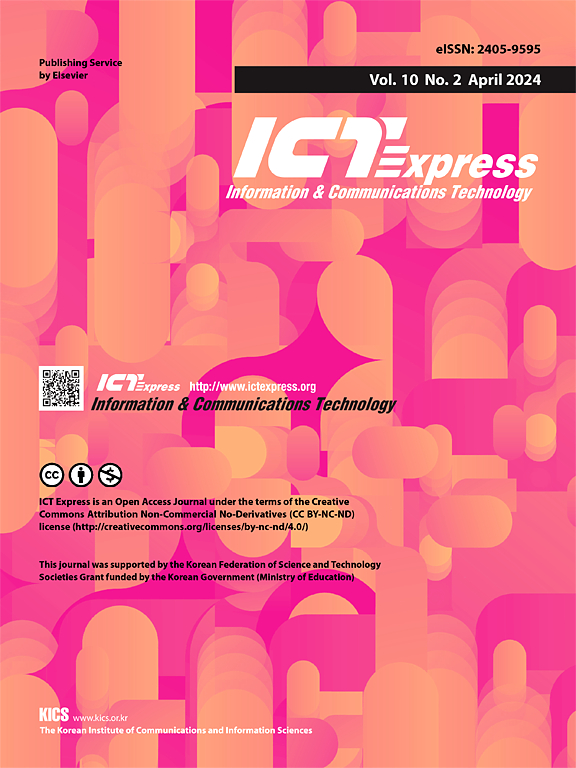基于资源分布聚类的深度强化学习多目标任务卸载优化
IF 4.2
3区 计算机科学
Q1 COMPUTER SCIENCE, INFORMATION SYSTEMS
引用次数: 0
摘要
多访问边缘计算(MEC)系统中的任务卸载对于管理动态城市环境中的计算任务至关重要。现有战略面临着诸如高通信开销和区域性能偏差(包括集中式和分布式方法)等挑战。已经探索了聚类方法来解决这些问题,但是它们通常依赖于物理接近来形成聚类,忽略了任务率分布在边缘上的可变性。为了克服这些限制,本文提出了一种基于任务请求分布和计算资源状态对边缘节点进行聚类的图驱动集群间资源分布(GIRD)聚类方案,以确保集群间的资源利用率相似。在此基础上,引入了支持近端策略优化(PPO)的集群内任务卸载算法(PITO),以使用各种网络状态信息确定一个任务卸载的执行服务器—集群中的边缘服务器或云服务器。这种动态决策过程优化了一个多目标函数,包括任务处理延迟、消耗的能量、成功率和云成本。仿真结果表明,提出的ggrid - pito框架具有更高的任务成功率、更低的延迟和更高的区域性能公平性,是一种很有前景的大规模MEC系统解决方案。2018年韩国通信与信息科学研究所。这是一篇基于CC by-nc-nd许可(http://creativecommons.org/licenses/by-nc-nd/4.0/)的开放获取文章。本文章由计算机程序翻译,如有差异,请以英文原文为准。
Multi-objective task offloading optimization using deep reinforcement learning with resource distribution clustering
Task offloading in multi-access edge computing (MEC) systems is critical for managing computational tasks in dynamic urban environments. Existing strategies face challenges such as high communication overheads and regional performance deviations including centralized and distributed methods. Clustering approaches have been explored to address these issues, yet they often rely on physical proximity to form clusters, overlooking the variability in task rate distributions across edges. To overcome these limitations, this paper proposes a graph-driven inter-cluster resource distribution (GIRD) clustering scheme that clusters edge nodes based on task request distribution and computing resource status, ensuring similar resource utilization across clusters. Building on this, a proximal policy optimization (PPO)-enabled intra-cluster task offloading algorithm (PITO) is introduced to determine one execution server for task offloading—either an edge server within a cluster or a cloud server—using various network state information. This dynamic decision-making process optimizes a multi-objective function that includes task processing delay, consumed energy, success rate, and cloud cost. Simulation results demonstrate the proposed GIRD-PITO framework achieves superior task success rates, reduced delays, and improved regional performance fairness, making it a promising solution for large-scale MEC systems. 2018 The Korean Institute of Communications and Information Sciences. Publishing Services by Elsevier B.V. This is an open access article under the CC BY-NC-ND license (http://creativecommons.org/licenses/by-nc-nd/4.0/).
求助全文
通过发布文献求助,成功后即可免费获取论文全文。
去求助
来源期刊

ICT Express
Multiple-
CiteScore
10.20
自引率
1.90%
发文量
167
审稿时长
35 weeks
期刊介绍:
The ICT Express journal published by the Korean Institute of Communications and Information Sciences (KICS) is an international, peer-reviewed research publication covering all aspects of information and communication technology. The journal aims to publish research that helps advance the theoretical and practical understanding of ICT convergence, platform technologies, communication networks, and device technologies. The technology advancement in information and communication technology (ICT) sector enables portable devices to be always connected while supporting high data rate, resulting in the recent popularity of smartphones that have a considerable impact in economic and social development.
 求助内容:
求助内容: 应助结果提醒方式:
应助结果提醒方式:


